
The Enchanted Oasis of Bvumba Botanical Gardens
Nestled in the picturesque Eastern Highlands of Zimbabwe, the Bvumba Botanical Gardens offer a serene escape into nature's splendor. Covering an expansive area, these gardens are a haven for botany enthusiasts and casual visitors alike. The gardens are home to a mesmerizing collection of both indigenous and exotic plant species, making it a living museum of flora. Wander through its well-maintained paths and discover vibrant flowerbeds, towering trees, and tranquil water features that enhance the garden's beauty. Beyond the flora, the Bvumba Botanical Gardens are a sanctuary for bird watchers. The gardens attract a variety of bird species, making it an ideal spot for avid birdwatchers to set up their binoculars. The harmonious bird songs add to the peaceful ambiance of the gardens, creating an immersive natural experience. Additionally, the gardens offer several well-placed picnic spots where visitors can relax and enjoy the breathtaking views of the surrounding mountains and valleys. The Bvumba Botanical Gardens are not just about passive enjoyment. The gardens feature several informative plaques that provide insights into the different plant species and their ecological significance. This makes the experience both educational and enjoyable. Whether you're a nature lover, a photography enthusiast, or simply seeking a tranquil retreat, the Bvumba Botanical Gardens promise a rejuvenating experience that will leave you enchanted.
Local tips in Bvumba Botanical Gardens
- Visit early in the morning for the best birdwatching opportunities.
- Bring a picnic and enjoy the scenic spots within the gardens.
- Wear comfortable walking shoes as the garden paths can be uneven.
- Carry a camera to capture the stunning landscapes and unique plant species.
- Check the weather forecast before visiting, as the gardens are best enjoyed on a clear day.
The Enchanted Oasis of Bvumba Botanical Gardens
Nestled in the picturesque Eastern Highlands of Zimbabwe, the Bvumba Botanical Gardens offer a serene escape into nature's splendor. Covering an expansive area, these gardens are a haven for botany enthusiasts and casual visitors alike. The gardens are home to a mesmerizing collection of both indigenous and exotic plant species, making it a living museum of flora. Wander through its well-maintained paths and discover vibrant flowerbeds, towering trees, and tranquil water features that enhance the garden's beauty. Beyond the flora, the Bvumba Botanical Gardens are a sanctuary for bird watchers. The gardens attract a variety of bird species, making it an ideal spot for avid birdwatchers to set up their binoculars. The harmonious bird songs add to the peaceful ambiance of the gardens, creating an immersive natural experience. Additionally, the gardens offer several well-placed picnic spots where visitors can relax and enjoy the breathtaking views of the surrounding mountains and valleys. The Bvumba Botanical Gardens are not just about passive enjoyment. The gardens feature several informative plaques that provide insights into the different plant species and their ecological significance. This makes the experience both educational and enjoyable. Whether you're a nature lover, a photography enthusiast, or simply seeking a tranquil retreat, the Bvumba Botanical Gardens promise a rejuvenating experience that will leave you enchanted.
When is the best time to go to Bvumba Botanical Gardens?
Iconic landmarks you can’t miss
Harare Botanical Gardens
Discover the lush landscapes and diverse flora of Harare Botanical Gardens, a serene retreat in the heart of Zimbabwe's capital.
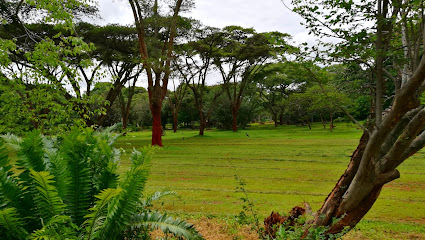
Mutarazi Falls Skywalk and Skyline
Discover the breathtaking views and thrilling adventures waiting at Mutarazi Falls Skywalk and Skyline in Nyanga, Zimbabwe's premier natural attraction.
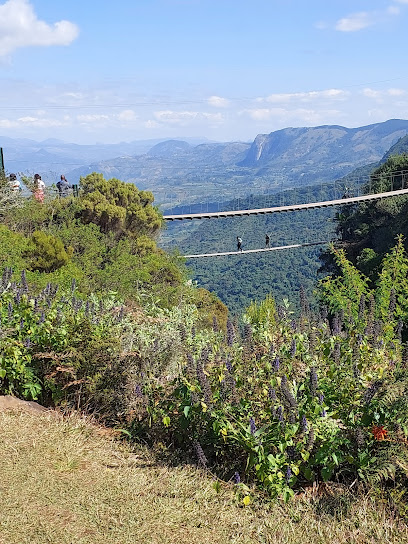
Worlds View
Experience nature's splendor at Worlds View in Nyanga, where breathtaking landscapes and serene vistas await every traveler.
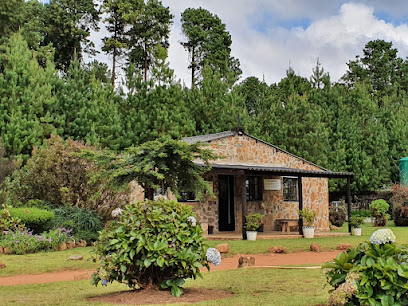
Zimbabwe Museum of Human Sciences
Explore the rich history and cultural heritage of Zimbabwe at the Zimbabwe Museum of Human Sciences in Harare, a must-visit for curious travelers.
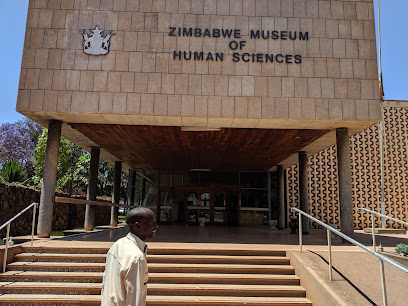
Nyangombe Falls
Discover the breathtaking beauty of Nyangombe Falls, a serene escape in the heart of Zimbabwe's Nyanga region, perfect for nature lovers and adventure seekers.
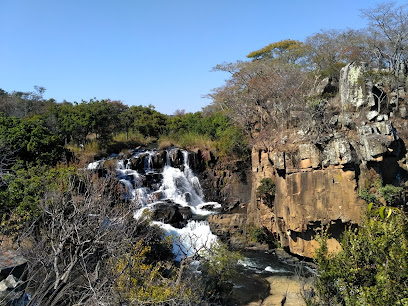
Mutare Museum
Explore the captivating history and culture of Zimbabwe at Mutare Museum, where local traditions and natural wonders come to life.
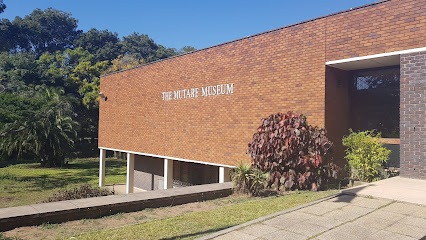
Savé Valley Conservancy
Explore the breathtaking landscapes and diverse wildlife of Savé Valley Conservancy, a premier destination for nature lovers and adventure seekers in Zimbabwe.
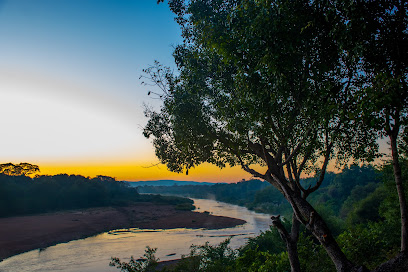
Khami Ruins
Discover the Khami Ruins, a UNESCO World Heritage Site that reveals the architectural brilliance and cultural richness of ancient Zimbabwe.
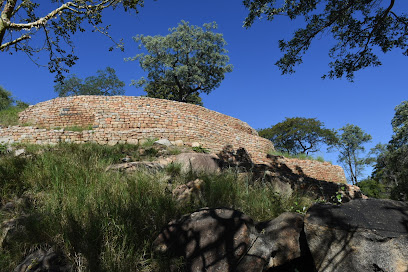
Ewanrigg Garden
Discover the serene beauty of Ewanrigg Garden, a botanical paradise in Zimbabwe perfect for relaxation, exploration, and photography.
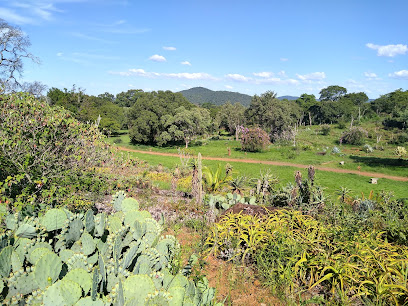
Bvumba Mountains
Explore the breathtaking Bvumba Mountains, a haven for nature lovers and adventurers, with stunning landscapes and rich biodiversity in Zimbabwe.
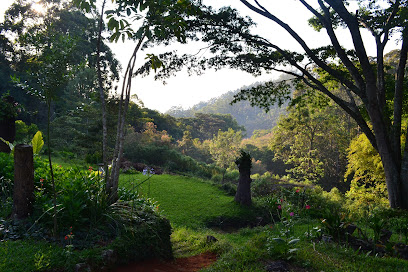
Vumba Gateway Gardens and Curios
Discover the enchanting Vumba Gateway Gardens and Curios, a botanical haven in the Vumba Mountains with stunning views and unique local crafts.
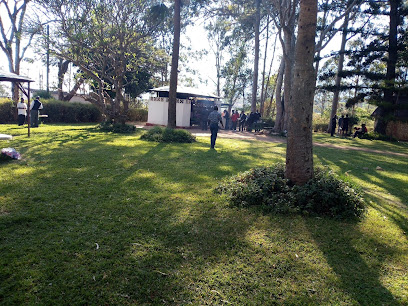
Double Blessings Garden
Explore the serene beauty of Double Blessings Garden in Mutare, a perfect escape for nature lovers and families seeking tranquility.
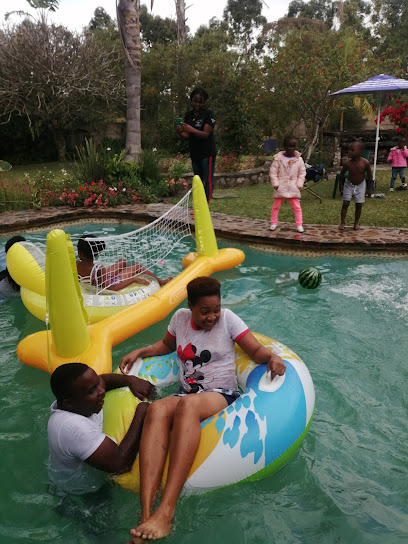
Marindi Falls
Experience the breathtaking beauty of Marindi Falls, a hidden gem in the Vumba mountains, perfect for nature lovers and adventure seekers.
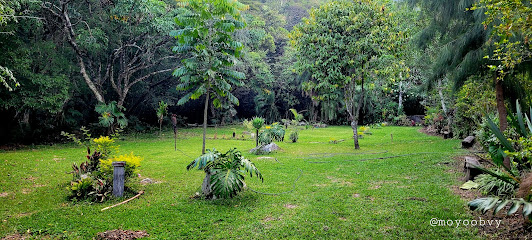
Chinamata Falls
Discover the tranquility and breathtaking beauty of Chinamata Falls in Mutare, Zimbabwe—an enchanting destination for nature lovers and adventure seekers.
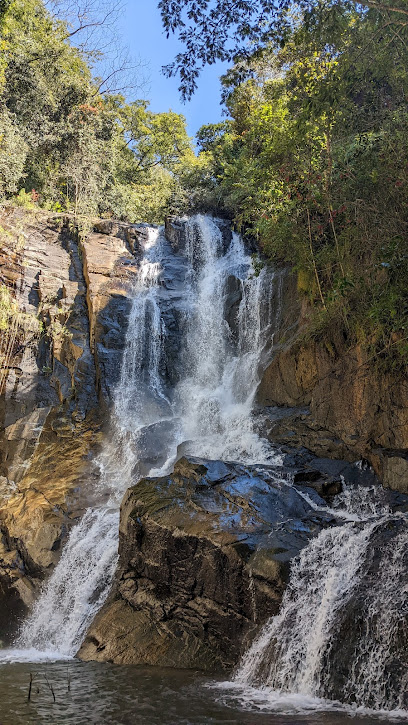
WEIRMOUTH BOTANICAL GARDENS
Immerse yourself in the natural beauty and tranquility of Weirmouth Botanical Gardens in Mutare, a perfect retreat for nature lovers and families.
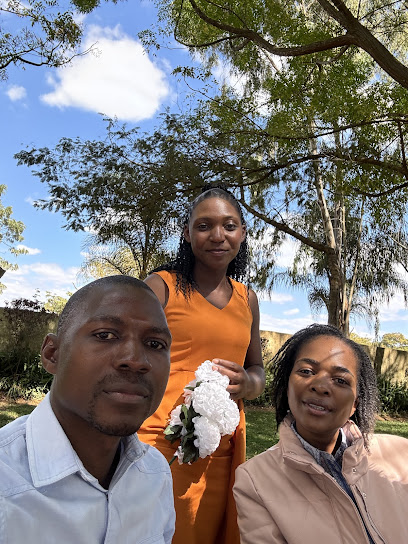
Unmissable attractions to see
Harare Gardens
Discover the lush beauty of Harare Gardens, a serene park in Zimbabwe's capital perfect for relaxation and nature walks.
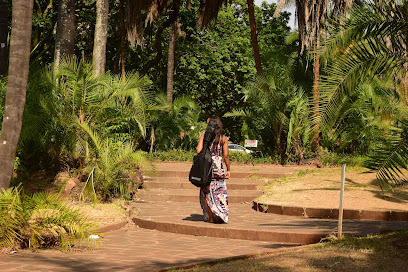
Lake Chivero Recreational Park
Experience the tranquility and beauty of Lake Chivero Recreational Park, a premier destination for nature lovers and outdoor enthusiasts in Zimbabwe.
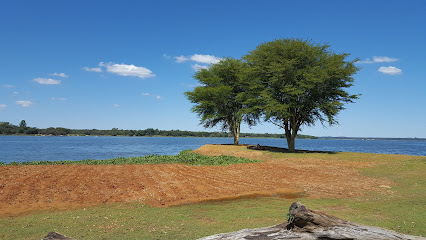
Harare Botanical Gardens
Experience the tranquil beauty of nature in the heart of Harare at the stunning Botanical Gardens, a perfect getaway for all nature lovers.
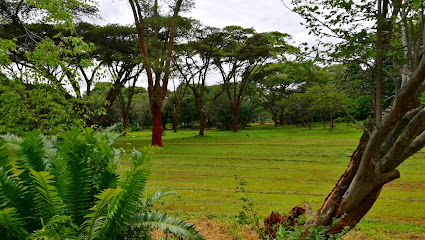
Kuimba Shiri Bird Park
Explore the breathtaking Kuimba Shiri Bird Park, a birdwatching paradise on Lake Chivero, where nature and adventure await every visitor.
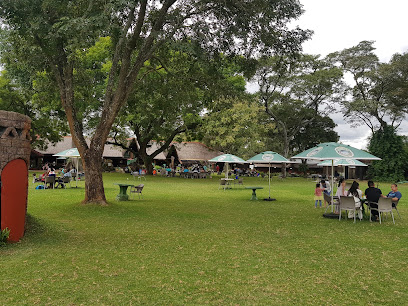
Haka Camp Game Park
Explore the enchanting Haka Camp Game Park, a wildlife sanctuary near Harare, offering immersive nature experiences and close encounters with diverse animals.
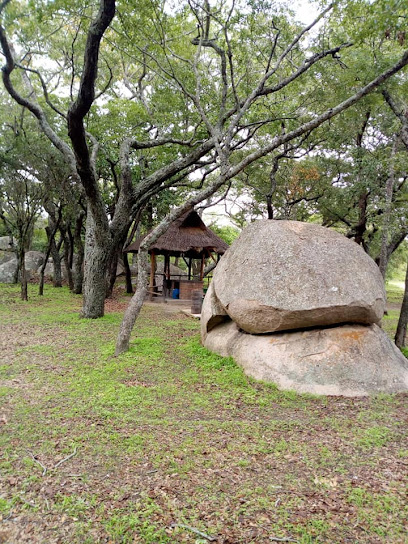
Savé Valley Conservancy
Explore the breathtaking landscapes and diverse wildlife of Savé Valley Conservancy, a key destination for eco-tourism in Zimbabwe.
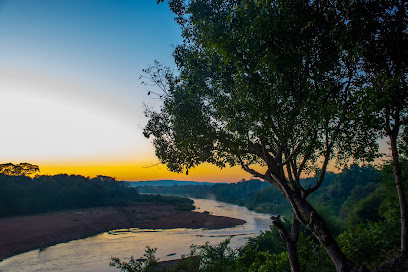
ZIMPARKS Garden
Experience the vibrant wildlife and serene landscapes at ZIMPARKS Garden, the ultimate destination for nature lovers in Harare, Zimbabwe.
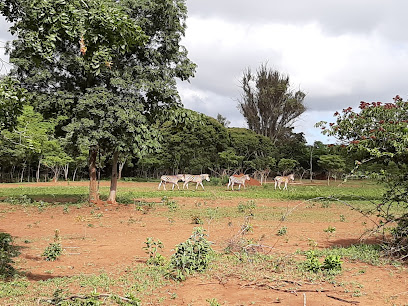
Vumba Gateway Gardens and Curios
Explore the enchanting Vumba Gateway Gardens, a botanical paradise offering serene landscapes, vibrant flora, and unique local curios in Zimbabwe's picturesque mountains.
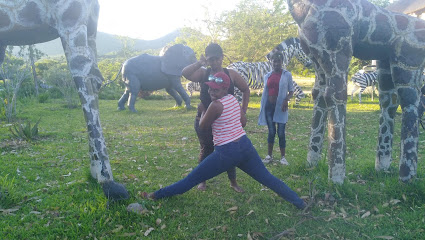
DOMBOSHAVA CAVES
Discover the captivating Domboshava Caves, a geological wonder and cultural gem near Goromonzi, Zimbabwe, filled with ancient rock art and stunning landscapes.
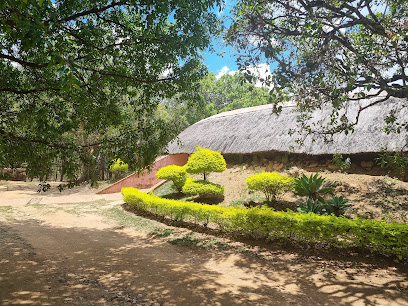
Chilojo Cliffs
Discover the breathtaking Chilojo Cliffs in Zimbabwe, an iconic natural attraction offering stunning views, wildlife encounters, and unforgettable memories.
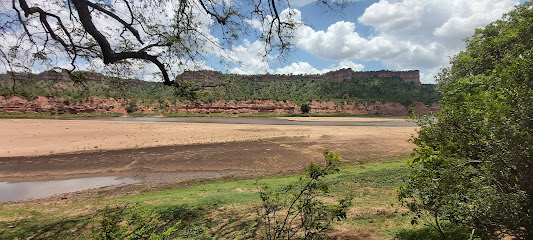
Double Blessings Garden
Explore the serene beauty of Double Blessings Garden in Mutare, a tranquil botanical escape filled with vibrant flora and family-friendly spaces.
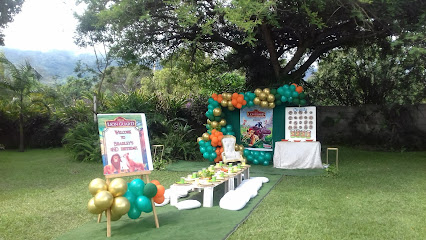
Essential places to dine
Gavas Restaurant
Discover authentic Zimbabwean flavors at Gavas Restaurant in Harare—where tradition meets taste in every bite.
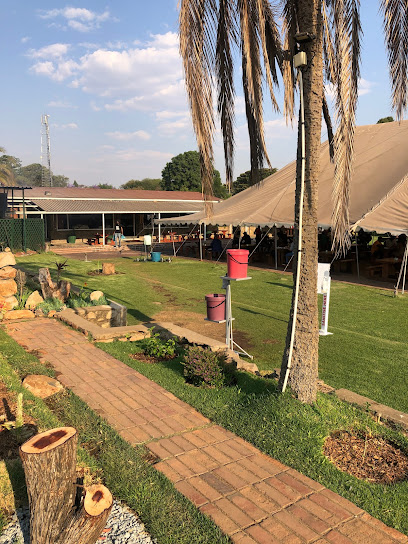
The Jam Tree
Experience culinary delight at The Jam Tree in Harare – where grilled perfection meets vibrant atmosphere.
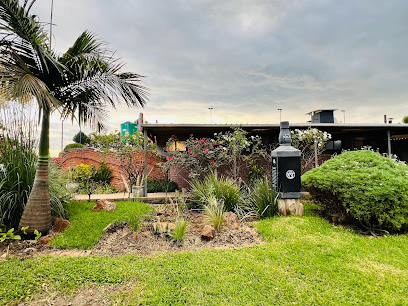
Cafe Nush Avondale
Discover Café Nush Avondale: Where local flavors meet international cuisine in the heart of Harare's bustling shopping district.
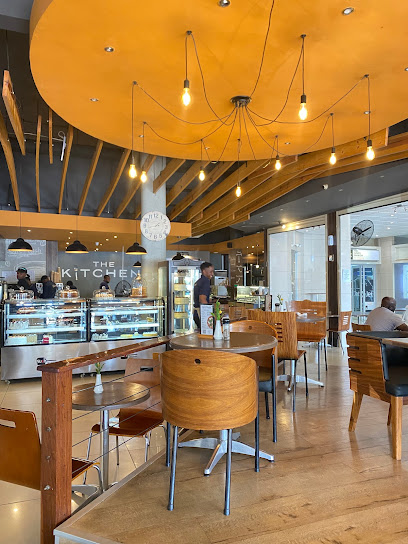
Casa Mia Ristorante Pizzeria
Experience authentic Italian cuisine at Casa Mia Ristorante Pizzeria in Harare – where every dish is crafted with passion and quality ingredients.
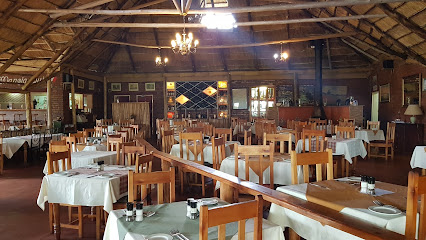
Victoria 22 Restaurant
Experience exquisite dining at Victoria 22 Restaurant in Harare—where local flavors meet international cuisine in an elegant setting.
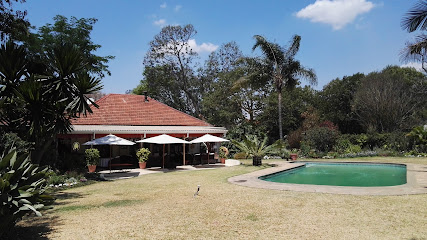
Chang Thai Restaurant
Discover authentic Thai cuisine in Harare at Chang Thai Restaurant, where every dish is crafted with passion and tradition.
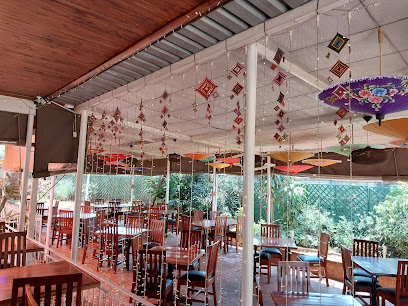
Alo Alo Restaurant
Experience authentic Zimbabwean flavors at Alo Alo Restaurant in Harare - where tradition meets modern culinary art.
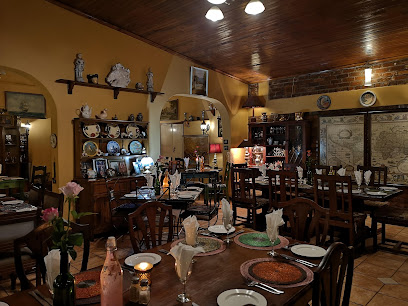
Nando's Mutare
Experience the vibrant taste of flame-grilled chicken at Nando's Mutare – a perfect blend of Portuguese and South African flavors.
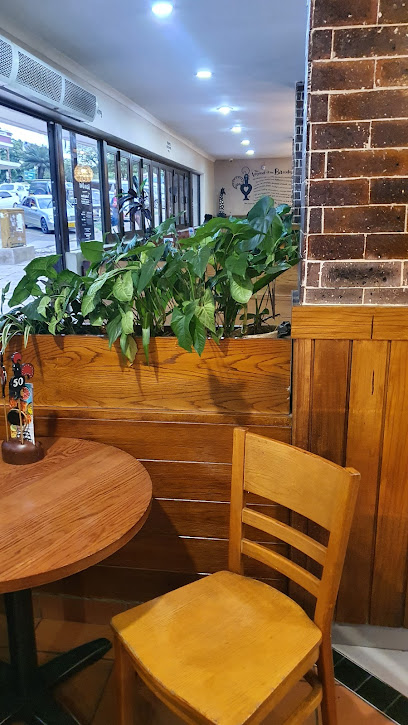
Organikks Ndizvo
Discover the taste of Zimbabwe at Organikks Ndizvo - where organic ingredients meet authentic flavors in Harare.
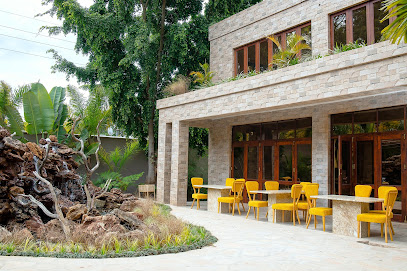
Harare Botanical Gardens
Explore lush greenery and diverse flora at Harare Botanical Gardens - your serene escape in Zimbabwe's vibrant capital.
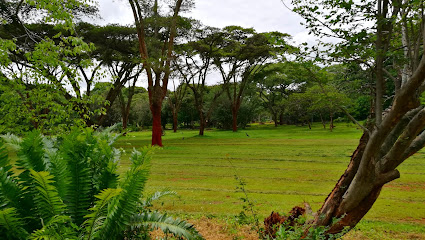
Ocean Basket Sam Levy
Discover fresh seafood delights at Ocean Basket Sam Levy - where Mediterranean flavors meet sushi perfection in Harare's vibrant dining scene.
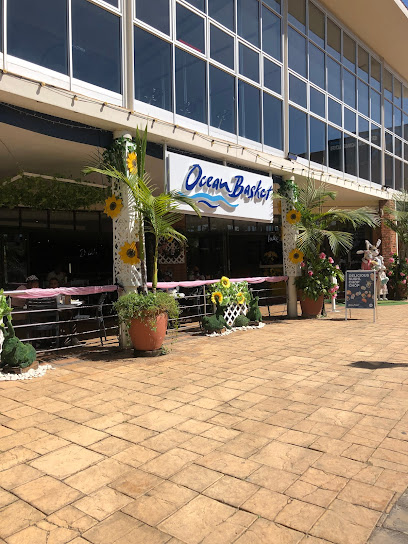
The Village Greek
Experience the rich flavors of authentic Greek cuisine at The Village Greek in Harare’s vibrant Sam Levy's Village.
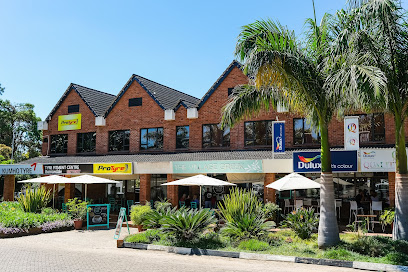
Sabai Thai
Experience authentic Thai flavors at Sabai Thai in Harare - where every dish tells a story.
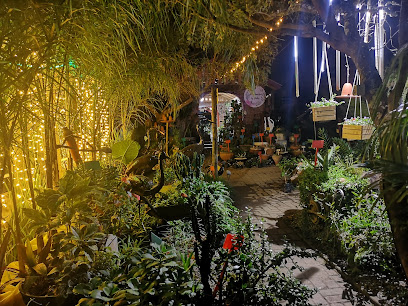
Café Pistachio
Experience the best breakfast in Harare at Café Pistachio - where flavor meets comfort in every bite.
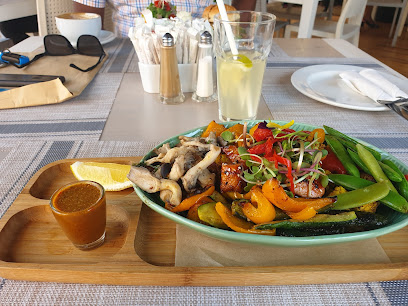
Beach house
Discover Beach House in Harare - where culinary delights meet coastal vibes for an unforgettable dining experience.
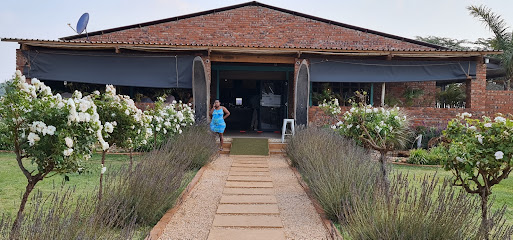
Markets, malls and hidden boutiques
Sam Levy's Village
Discover Sam Levy's Village: Harare's premier shopping destination offering a unique blend of retail, dining, and entertainment for an unforgettable experience.
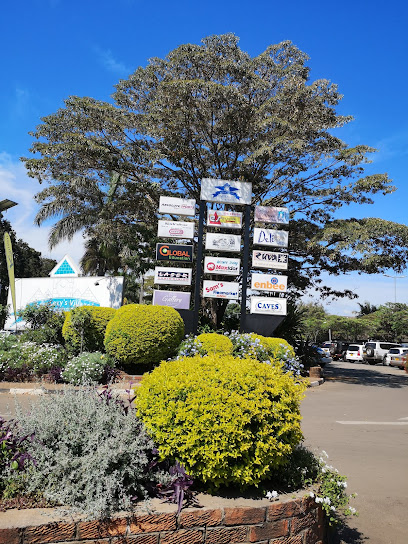
Nyanga National Park
Discover the breathtaking landscapes and diverse wildlife of Nyanga National Park, a must-visit destination in Zimbabwe’s Eastern Highlands.
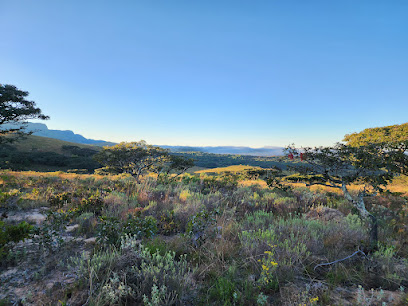
Harare Botanical Gardens
Explore the lush beauty of Harare Botanical Gardens, a serene retreat filled with diverse flora and tranquil landscapes perfect for relaxation and exploration.
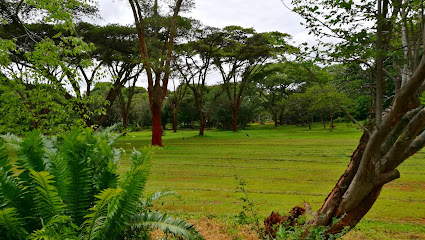
Zimbabwe Museum of Human Sciences
Explore the rich tapestry of human history at the Zimbabwe Museum of Human Sciences, where artifacts illuminate the journey of mankind.
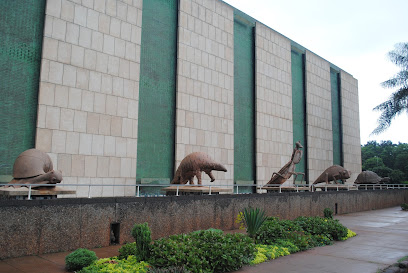
Natural History Museum of Zimbabwe
Discover Zimbabwe's rich natural heritage at the Natural History Museum in Bulawayo, showcasing fossils, wildlife, and geological wonders.
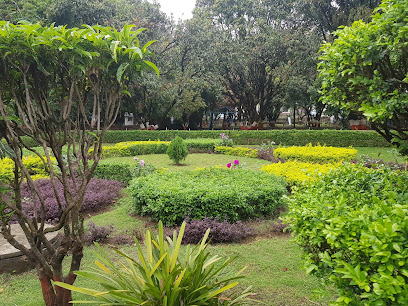
Small World Backpackers Lodge Avondale
Discover the vibrant culture and comfort of Small World Backpackers Lodge in Harare, the perfect base for your Zimbabwean adventure.

White Horse Inn
Experience tranquility at White Horse Inn, a serene hotel in the Vumba Mountains, perfect for nature lovers and those seeking relaxation.

Forest Hills Resort
Discover serenity and natural beauty at Forest Hills Resort in Bvumba District, a perfect getaway for nature lovers and relaxation seekers.

Tonys Coffee And Chocolate Shop
Discover the charm of Tony's Coffee and Chocolate Shop in Vumba, where every sip and bite is a delightful experience surrounded by nature's beauty.
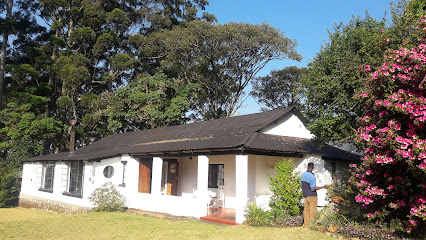
Elephant's Walk Shopping & Artist's Village
Explore the eclectic Elephant's Walk Shopping & Artist's Village in Victoria Falls, where local crafts and vibrant culture come together in a unique marketplace.
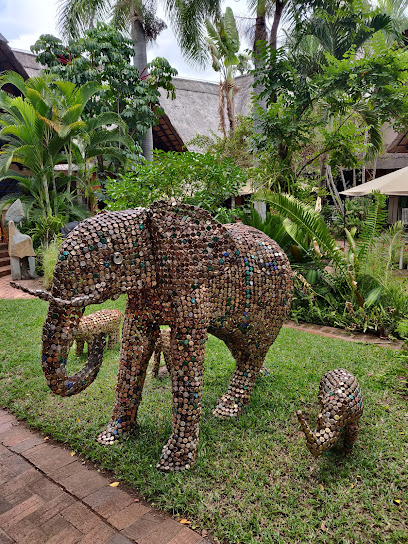
Khami Ruins
Discover the ancient Khami Ruins, a UNESCO World Heritage site in Zimbabwe, showcasing the remarkable history and craftsmanship of the Khami civilization.
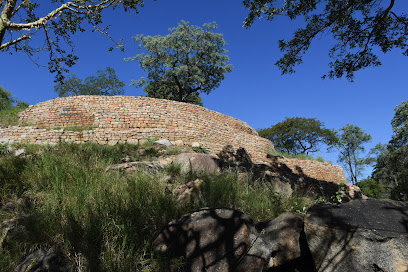
Doon Estate
Immerse yourself in the vibrant culture of Harare at Doon Estate Market, where shopping and local cuisine come together for an unforgettable experience.
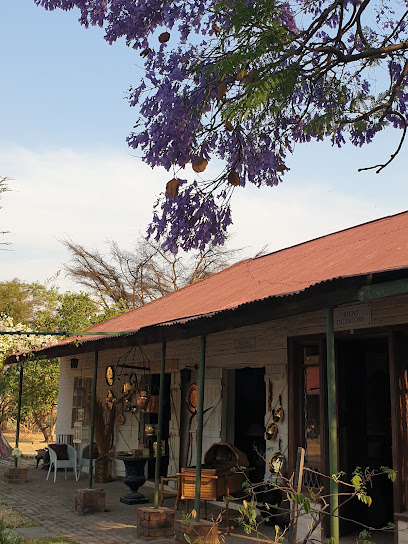
ZIMPARKS Garden
Explore ZIMPARKS Garden in Harare, a beautiful animal park showcasing diverse wildlife and lush landscapes for an unforgettable adventure.
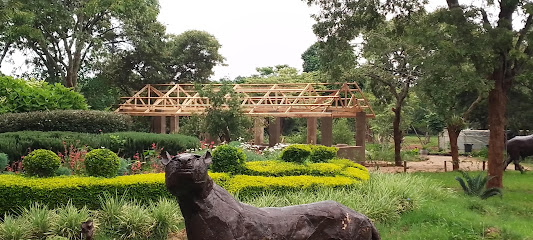
DOMBOSHAVA CAVES
Discover the Domboshava Caves: A captivating blend of natural beauty and ancient history in Zimbabwe's scenic landscapes.
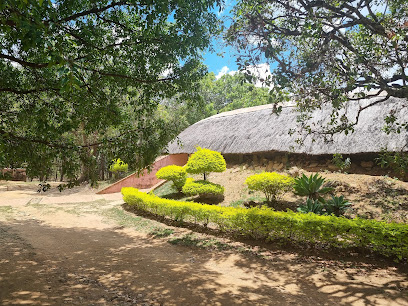
Vumba Gateway Gardens and Curios
Explore the botanical beauty and unique local crafts at Vumba Gateway Gardens and Curios, a serene escape in the heart of the Vumba Mountains.
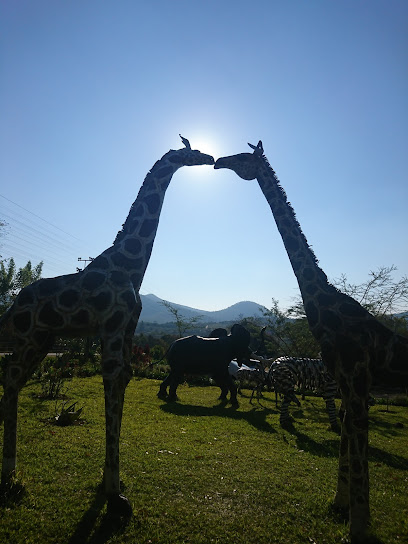
Essential bars & hidden hideouts
Queen of Hearts
Discover Queen of Hearts in Harare: A charming restaurant offering a delightful menu and serene ambiance for an unforgettable dining experience.
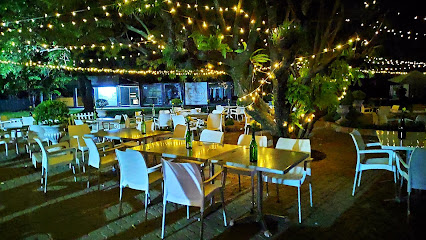
Gavas Restaurant
Savor the authentic taste of Zimbabwe at Gavas Restaurant, where local flavors and warm hospitality come together in Harare's vibrant dining scene.
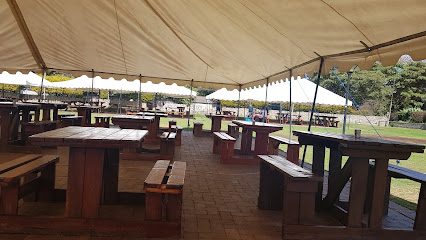
The Jam Tree
Experience the vibrant flavors and social atmosphere at The Jam Tree, Harare's top spot for food, drinks, and entertainment.
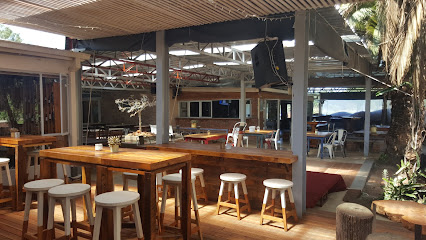
Pariah State Borrowdale
Discover the vibrant flavors of Pariah State Borrowdale, a top grill and coffee destination in Harare, offering delightful dishes and an inviting atmosphere.
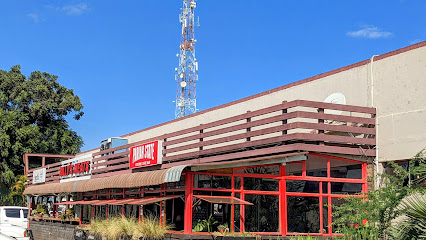
Victoria 22 Restaurant
Experience the best of Zimbabwean cuisine at Victoria 22 Restaurant, where elegance meets exceptional flavors in the heart of Harare.
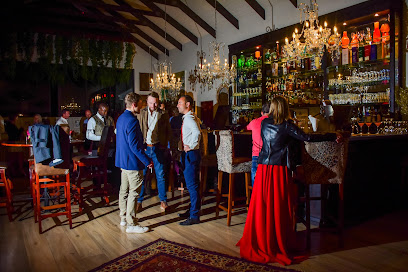
Eclipse Sports Bar and Grill(ECLIPSE AFRICAN CUISINE RESTAURANT)
Discover the vibrant flavors of Africa at Eclipse Sports Bar and Grill in Harare, where delicious cuisine meets a lively atmosphere.
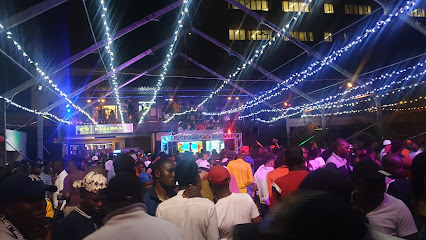
Leopard Rock Hotel
Discover the luxury and natural beauty of Leopard Rock Hotel in Vumba, Zimbabwe, your perfect getaway for relaxation and adventure.
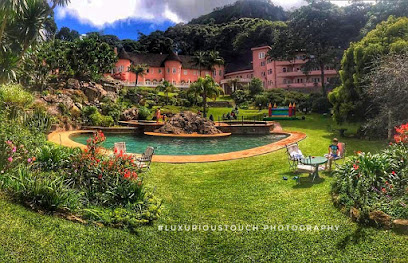
Harare Botanical Gardens
Explore the lush landscapes of Harare Botanical Gardens, a botanical paradise in Zimbabwe filled with diverse flora and serene pathways.
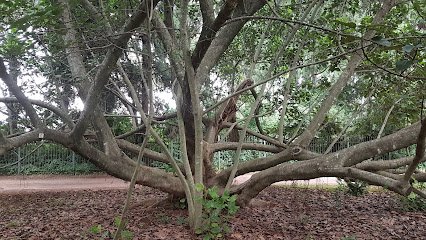
Beach house
Discover the vibrant atmosphere at Beach House in Harare, where delicious cuisine meets a lively bar experience, perfect for tourists and locals alike.
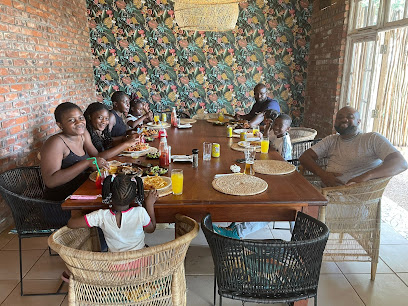
Tonys Coffee And Chocolate Shop
Discover the sweet flavors of Tony's Coffee and Chocolate Shop in Mutare, where every sip and bite is a moment of pure indulgence.
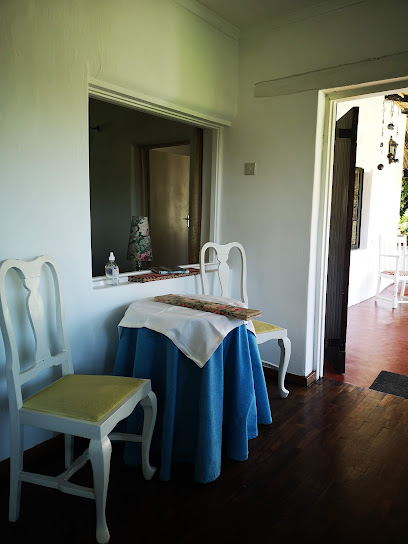
Millennium Gardens
Experience the lively atmosphere and local charm at Millennium Gardens, the perfect bar for friends and family in Chitungwiza.
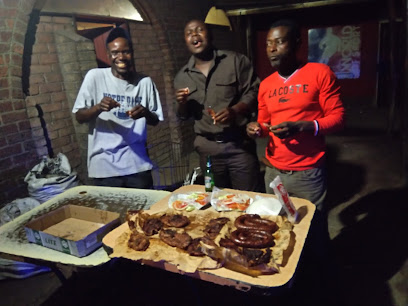
Queen Makeda
Savor the authentic taste of Ethiopia at Queen Makeda, a charming restaurant in Harare offering traditional dishes and a welcoming atmosphere.
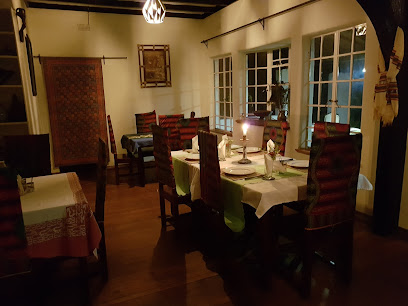
Bvumba Mountains
Explore the Bvumba Mountains, Zimbabwe's breathtaking mountain range, where stunning landscapes and rich biodiversity await your discovery.
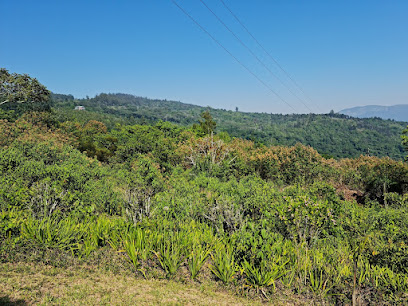
Mathonisa Beer Garden
Experience the lively Mathonisa Beer Garden in Bulawayo – a perfect blend of local flavors, refreshing drinks, and vibrant culture.
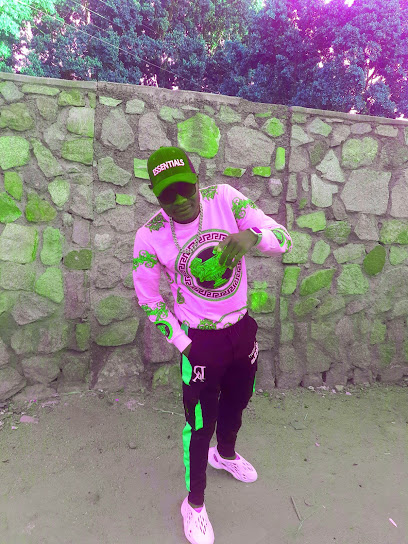
Local Phrases about Bvumba Botanical Gardens
-
- HelloMhoroi
[m-ho-roy] - GoodbyeKwaheri
[kwa-he-ri] - YesEhe
[eh-he] - NoAye
[ah-ye] - Please/You're welcomeNdatenda
[nda-ten-da] - Thank youNdinotenda
[ndi-no-ten-da] - Excuse me/SorrySamaita
[sa-mai-ta] - How are you?Unjani?
[un-ja-ni] - Fine. And you?Ndinotenda. Wako sei?
[ndi-no-ten-da. wa-ko say] - Do you speak English?Waurayi here chine English?
[wa-ur-ay he-re chi-ne English] - I don't understandHandigone kuziva
[han-di-go-ne ku-zi-va]
- HelloMhoroi
-
- I'd like to see the menu, pleaseNdinoda kuona menu, kana zvinoda
[ndi-no-da ku-o-na menu, ka-na zvi-no-da] - I don't eat meatHandinyori nyama
[han-di-nyo-ri nya-ma] - Cheers!Zvakanaka!
[zva-ka-na-ka] - I would like to pay, pleaseNdinoda kubhadhara, kana zviri nani
[ndi-no-da ku-bha-dha-ra, ka-na zvi-ri na-ni]
- I'd like to see the menu, pleaseNdinoda kuona menu, kana zvinoda
-
- Help!Tsvagaiwo!
[tsva-gai-wo] - Go away!Tora iwe!
[to-ra i-we] - Call the Police!Bvunzai Police!
[bu-vun-zai po-li-ce] - Call a doctor!Bvunzai doctor!
[bu-vun-zai doc-tor] - I'm lostNdirikurwadza
[ndi-ri-ku-rwa-dza] - I'm illNdirikudzoka
[ndi-ri-ku-dzo-ka]
- Help!Tsvagaiwo!
-
- I'd like to buy...Ndinoda kuita sei...
[ndi-no-da ku-i-ta say] - I'm just lookingNdiri kuona
[ndi-ri ku-o-na] - How much is it?Zvichinzi here?
[zvi-chin-zi he-re] - That's too expensiveIri rine mari kupfuura
[i-ri ri-ne ma-ri ku-pfu-ra] - Can you lower the price?Unogona kugadzirisa pfuma?
[u-no-go-na ku-ga-dzi-ri-sa pfu-ma]
- I'd like to buy...Ndinoda kuita sei...
-
- What time is it?Saa ndiani?
[sa-a ndi-a-ni] - It's one o'clockSaa yemunhu
[sa-a ye-mun-hu] - Half past (10)Yese kumadhora gumi
[ye-se ku-ma-dho-ra gu-mi] - MorningMangwanani
[man-gwa-na-ni] - AfternoonMaitiro ekare
[mai-ti-ro e-ka-re] - EveningSvondo
[svo-ndo] - YesterdayChakawanda
[cha-ka-wan-da] - TodayNhasi
[nha-si] - TomorrowMangwana
[man-gwa-na] - 1Munhu
[mun-hu] - 2Makumi maviri
[ma-ku-mi ma-vi-ri] - 3Makumi mashanu
[ma-ku-mi ma-sha-nu] - 4Makumi maroja
[ma-ku-mi ma-ro-ja] - 5Makumi mashanu
[ma-ku-mi ma-sha-nu] - 6Makumi masere
[ma-ku-mi ma-se-re] - 7Makumi mavhiri
[ma-ku-mi ma-vhi-ri] - 8Makumi mavhanda
[ma-ku-mi ma-vhan-da] - 9Makumi masere
[ma-ku-mi ma-se-re] - 10Makumi maviri
[ma-ku-mi ma-vi-ri]
- What time is it?Saa ndiani?
-
- Where's a/the...?Zvekunzeiko...?
[zve-ku-nzei-ko] - What's the address?Ipapo pane address here?
[i-pa-po pa-ne ad-dress he-re] - Can you show me (on the map)?Unogona kunyora kunge?
[u-no-go-na ku-nyo-ra kun-ge] - When's the next (bus)?Izvozvo zuva iri kupi?
[iz-vo-zvo zu-va i-ri ku-pi] - A ticket (to ....)Chitiketi (kumuchinjikwa)
[chi-ti-ke-ti ku-mu-chin-ji-kwa]
- Where's a/the...?Zvekunzeiko...?
History of Bvumba Botanical Gardens
-
The Bvumba Botanical Gardens, located in the Eastern Highlands of Zimbabwe, were established in 1960. The gardens were developed to showcase the diverse flora of the region, including both indigenous and exotic plant species. The initial development was spearheaded by the National Botanic Garden of Zimbabwe, which aimed to create a space for conservation, education, and tourism.
-
During the colonial era, the gardens were frequented by European settlers who were enthralled by the unique biodiversity of the Eastern Highlands. The gardens served as a retreat and a symbol of the colonial administration's efforts to introduce European horticultural practices to the region. Many of the exotic plant species found in the gardens today were introduced during this period.
-
Following Zimbabwe's independence in 1980, the Bvumba Botanical Gardens saw a shift in focus towards the conservation of native plant species. The gardens became a site for research and education, aiming to preserve Zimbabwe's rich botanical heritage. Efforts were made to restore indigenous plant species that had been overshadowed by exotic introductions during the colonial period.
-
The Bvumba region, including the botanical gardens, holds significant cultural importance for the local Shona people. The name 'Bvumba' means 'mist' in Shona, reflecting the area's often misty and mystical atmosphere. Traditional beliefs and folklore about the land and its flora are an integral part of the local culture, and these stories are often shared with visitors to the gardens.
-
In recent years, the Bvumba Botanical Gardens have undergone various modernization efforts to enhance visitor experiences while maintaining the ecological integrity of the area. New walking trails, educational programs, and interactive exhibits have been introduced, attracting both local and international tourists. The gardens continue to serve as a vital resource for botanical research and environmental education.
Bvumba Botanical Gardens Essentials
-
Bvumba Botanical Gardens are located in the eastern highlands of Zimbabwe, near the town of Mutare. The nearest international airport is the Robert Gabriel Mugabe International Airport in Harare, approximately 265 kilometers away. From Harare, you can take a domestic flight to Mutare or a bus, which takes around 4 to 5 hours by road. Alternatively, you can hire a private taxi or rent a car to drive directly to the gardens.
-
Once in Mutare, you can reach Bvumba Botanical Gardens by hiring a taxi or using a rental car. Public buses and minibuses (kombis) also operate between Mutare and Bvumba. For visitors staying in nearby accommodations, some hotels may offer shuttle services to and from the gardens. Walking is an option within the gardens, as many attractions are accessible on foot.
-
The official currency in Zimbabwe is the Zimbabwean Dollar (ZWL). However, the US Dollar (USD) is widely accepted, and it is advisable to carry small denominations for ease of transactions. Credit cards are accepted in some hotels, restaurants, and shops in Mutare, but it is recommended to carry cash for use in smaller establishments and at the gardens. ATMs are available in Mutare, but it is wise to withdraw sufficient cash before heading to Bvumba.
-
Bvumba Botanical Gardens and the surrounding areas are generally safe for tourists. However, as with any travel destination, it is important to take standard precautions. Avoid walking alone at night, particularly in unfamiliar or isolated areas, and be mindful of your belongings in crowded places. Mutare is relatively safe, but it is always best to stay vigilant and aware of your surroundings.
-
In case of emergency, dial 999 for immediate assistance. The local police station and medical facilities are available in Mutare. It is recommended to have travel insurance that covers medical emergencies. For minor health issues, there are pharmacies in Mutare where you can purchase over-the-counter medications. Some lodges and hotels in Bvumba may also have first aid kits and basic medical supplies.
-
Fashion: Do dress comfortably and in layers, as weather can be unpredictable. Avoid overly revealing clothing. Religion: Do respect local customs and traditions. Avoid discussing sensitive topics such as politics. Public Transport: Do be respectful and courteous to other passengers. Don't eat or drink on public transport. Greetings: Do greet people with a handshake and a friendly smile. A simple 'hello' or 'good day' is appreciated. Eating & Drinking: Do try local delicacies and accept food offerings graciously. Don't refuse hospitality, as it is considered impolite.
-
To experience Bvumba Botanical Gardens like a local, visit during weekdays when it is less crowded. Engage with the gardeners and staff, as they are often knowledgeable and willing to share insights about the flora and fauna. Take a leisurely walk along the well-marked trails to discover hidden spots and scenic viewpoints. Don't miss the chance to visit the nearby Leopard Rock Hotel for its stunning views and historic charm.
Trending Landmarks in Bvumba Botanical Gardens
-
Harare Botanical Gardens
-
Mutarazi Falls Skywalk and Skyline
-
Worlds View
-
Zimbabwe Museum of Human Sciences
-
Nyangombe Falls
-
Mutare Museum
-
Savé Valley Conservancy
-
Khami Ruins
-
Ewanrigg Garden
-
Bvumba Mountains
-
Vumba Gateway Gardens and Curios
-
Double Blessings Garden
-
Marindi Falls
-
Chinamata Falls
-
WEIRMOUTH BOTANICAL GARDENS
Nearby Cities to Bvumba Botanical Gardens
-
Things To Do in Nyanga
-
Things To Do in Harare
-
Things To Do in Masvingo
-
Things To Do in Gweru
-
Things To Do in Chinhoyi
-
Things To Do in Vilanculos
-
Things To Do in Blantyre
-
Things To Do in Zomba
-
Things To Do in Kariba
-
Things To Do in Lilongwe
-
Things To Do in Mangochi
-
Things To Do in Francistown
-
Things To Do in Maxixe
-
Things To Do in Selebi-Phikwe
-
Things To Do in Inhambane




